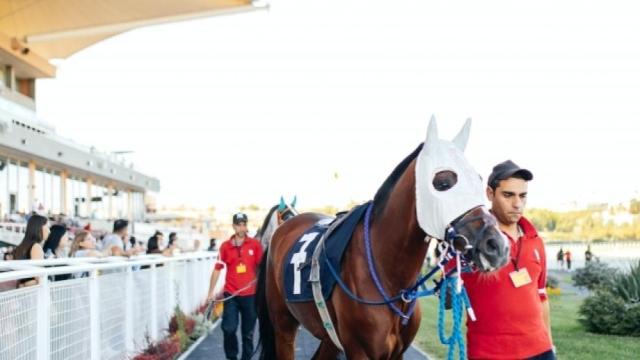
The Melbourne Cup was once famously known for its ability to ‘stop the nation’, but it’s become a much more polarising topic in recent years.
Hashtags such as #NupToTheCup proliferated on social media, with many people boycotting the race due to concerns about gambling and animal welfare. But is this counter-movement enough to delegitimise a race that’s been a major part of Australian culture for well over a century?
Data from the Australian Institute of Health and Welfare shows that gambling participation declined from 64.3 per cent to 56.9 per cent between 2011 and 2019, though online betting has been growing in popularity. Dr Aino Suomi from the Centre for Gambling Research at the Australian National University (ANU) says gambling on horse racing is becoming less normalised.
“Gambling on racehorses has declined slightly in recent years, and this is a trend consistent with most gambling activities,” Suomi says.
“We know more about gambling harms now than, say, a decade ago, but also about animal welfare concerns related to the treatment of and culture around racehorses.”
That’s not to say gambling across Australia doesn’t spike during the Melbourne Cup.
“We know that many individuals who gamble only do so on events like this, so there would’ve been a huge spike in gambling on the first Tuesday of November.”
“This is not just the case in Victoria but also in other states where Cup day sweeps are normalised and there is easy access to online race betting. Cup day is like a huge advertisement for gambling – and it really works.”
The ads Suomi is referring to help fuel a $24 billion industry, as of 2020-21. While the number of people gambling may have declined, per capita expenditure on races has increased.
Australians’ per capita gambling losses are more than twice that of Americans, yet more than one million gambling ads aired on Australian free-to-air television and radio alone between May 2022 and April 2023, according to the Australian Communications and Media Authority.
Under the current regulations, adults and children are exposed to a constant barrage of gambling ads, which Suomi says are highly effective.
“We know that gambling advertising works, and there is a lot of gambling advertising attached to the Cup day. The Spring Racing Carnival is one big advertisement that camouflages gambling as part of the Cup day imagery: glamour, luxury, risk-taking and fun.”
What these ads don’t show is the insidious implications gambling can have for our health and wellbeing.
“Evidence shows that gambling harms can include psychological distress, even suicidality, anxiety, isolation,” Suomi explains.
“Interpersonal impacts of gambling also include family conflict that can manifest in both victimisation and perpetration of violence and even child abuse.”
Suomi says there is still a long journey ahead for Australia if we wish to distance ourselves from gambling culture.
“Australia does have such a big gambling culture, which is normalised as part of the way we celebrate events, especially sport.”
“It’s going to take a while to change this, even with good intentions, and we need a strong national leadership on better gambling regulation, which doesn’t exist at the moment.
“Saying that, gambling is changing, and we have seen a decline in more traditional forms.”
For free and confidential support, visit Gambling Help Online. You can also call the National Gambling Helpline on 1800 858 858 24 hours a day, seven days a week. Other crisis support services can be reached 24 hours a day: Lifeline 13 11 14; Suicide Call Back Service 1300 659 467; Kids Helpline 1800 55 1800; MensLine Australia 1300 78 99 78; Beyond Blue 1300 22 4636.